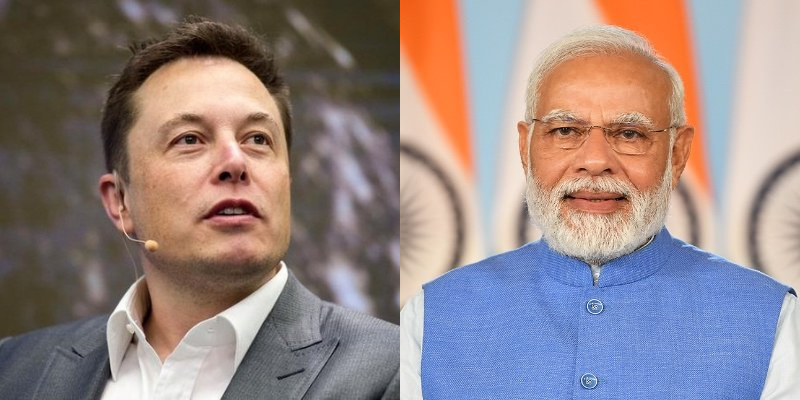Elon Musk’s social media platform, X (formerly known as Twitter), has initiated legal action against the Indian government, challenging recent directives that the company alleges expand censorship powers beyond legal boundaries. The lawsuit, filed in the Karnataka High Court, contends that the Ministry of Electronics and Information Technology (MeitY) is encouraging various government departments to utilize a content-blocking website introduced by the Ministry of Home Affairs in 2024. X argues that this platform permits numerous officials to issue content removal orders without adhering to the stringent legal safeguards traditionally required under Indian law.
The core of X’s argument is that the government’s current approach circumvents Section 69A of the Information Technology Act, 2000, which, along with the Information Technology (Procedure and Safeguards for Blocking for Access of Information by Public) Rules, 2009, is the sole statutory provision for information blocking. Instead, the government is purportedly leveraging Section 79(3)(b) of the IT Act to enforce content removal, a move X deems unlawful.
This legal action underscores the escalating tensions between social media platforms and the Indian government concerning content regulation. X’s lawsuit seeks to invalidate the directive, asserting that it facilitates unchecked censorship in India. The Karnataka High Court is scheduled to hear the case on March 27.
This development is part of a broader pattern of legal confrontations between tech companies and the Indian government over content regulation and censorship. These disputes highlight the ongoing challenges in balancing governmental oversight and freedom of expression in the digital age.











